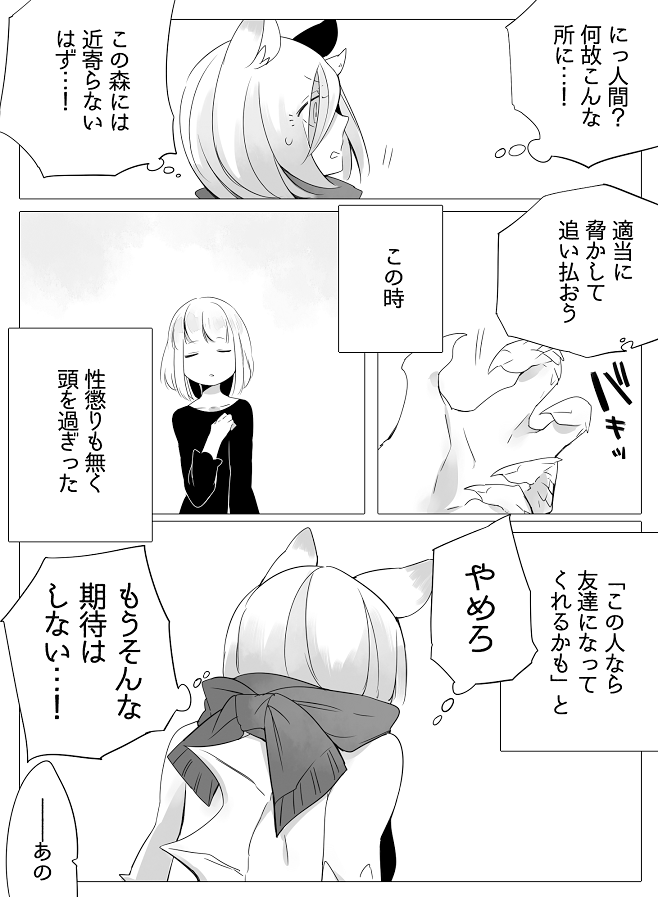I started translating a manga to get a better real world grasp of the language. I also have the english version to help me cross check my translations. But the following sentence is giving me a hard time and doesn't match the english version at all (from what I can tell):
性懲りも無く頭を過ぎった
Edit: The same "box" from the english version (usually it matches perfectly):
I wondered if this person might want to be my friend.
I found this text at another location. (Web Novel vs Light Novel but 99% matching) This could be the corresponding translation: I often wished I could find someone like that.
What I gathered so far with the help of Google translate and weblio.jp:
性懲り -> discipline
無く -> without
頭 -> head
過ぎる / 過ぎった -> pass / passed
Full Google translate is I passed my head without discipline
which doesn't make any sense here.
Context: Person A meets Person B but is afraid of people and wants to chase her away at first. But what she really thinks is that she wants to make friends and talk to people.
From the manga ぼっち怪物と盲目少女
What is the meaning of this sentence?


